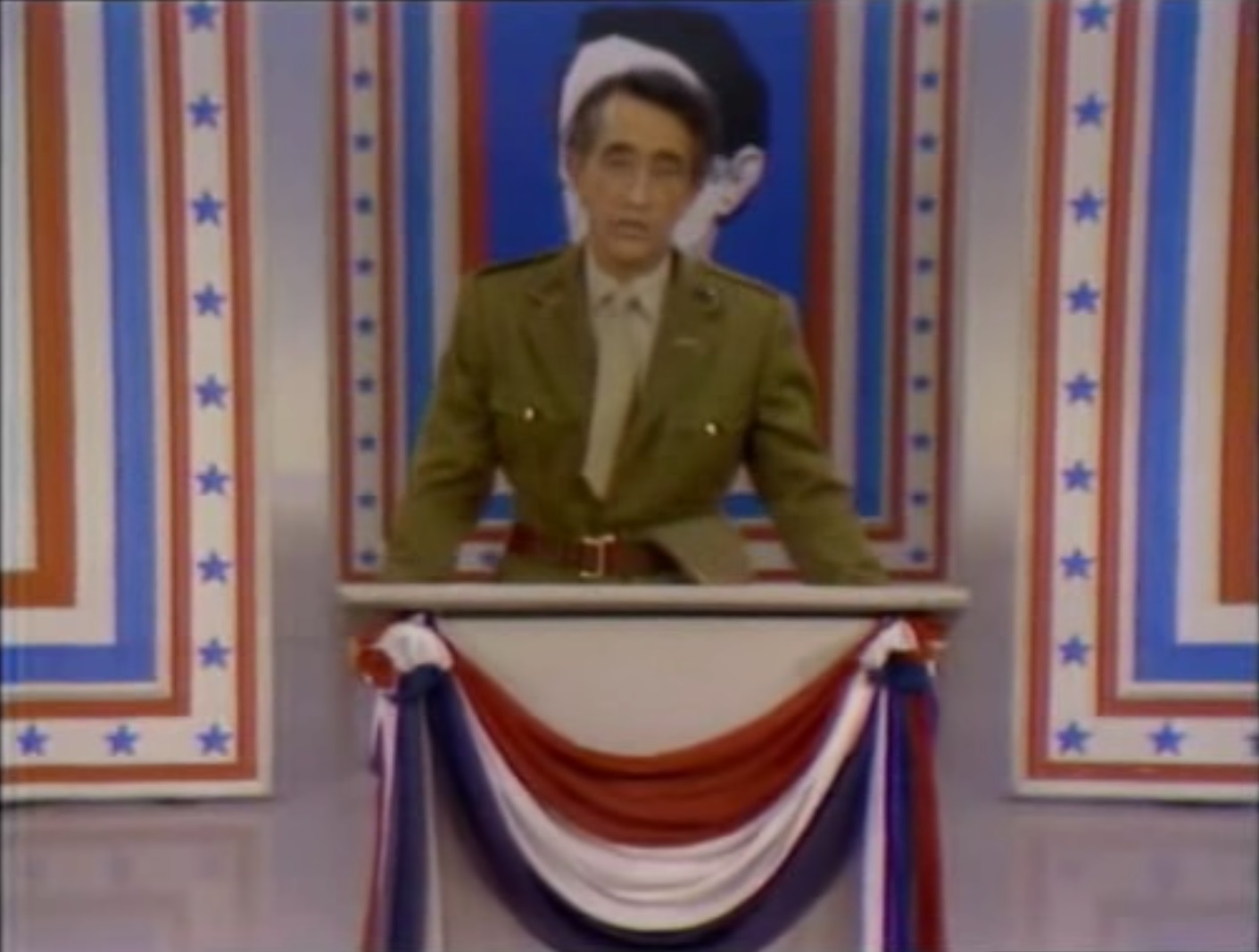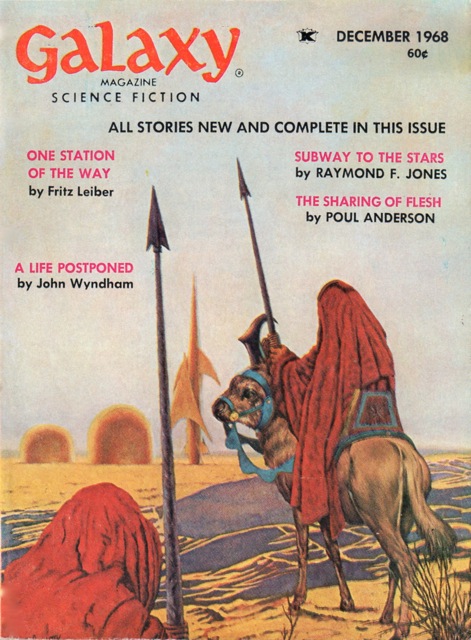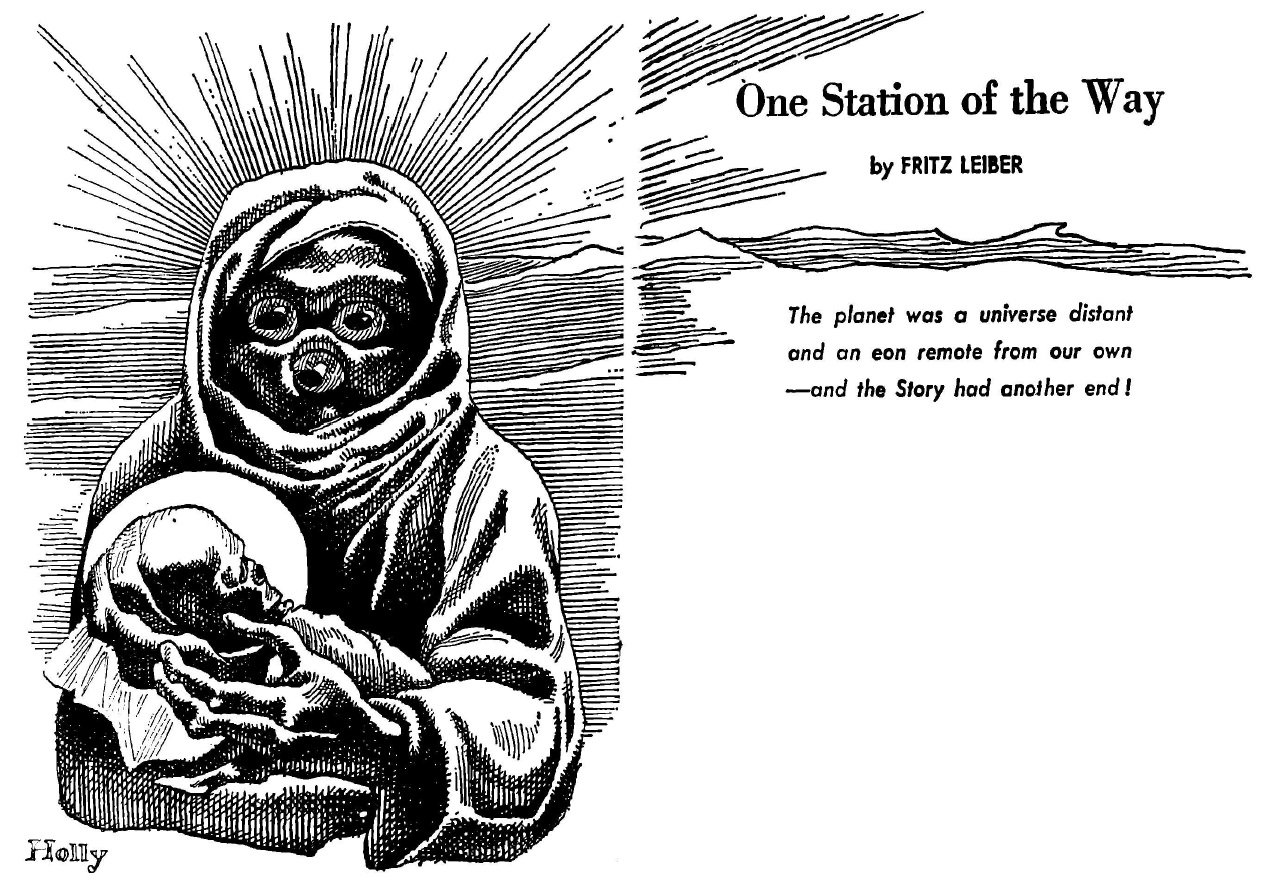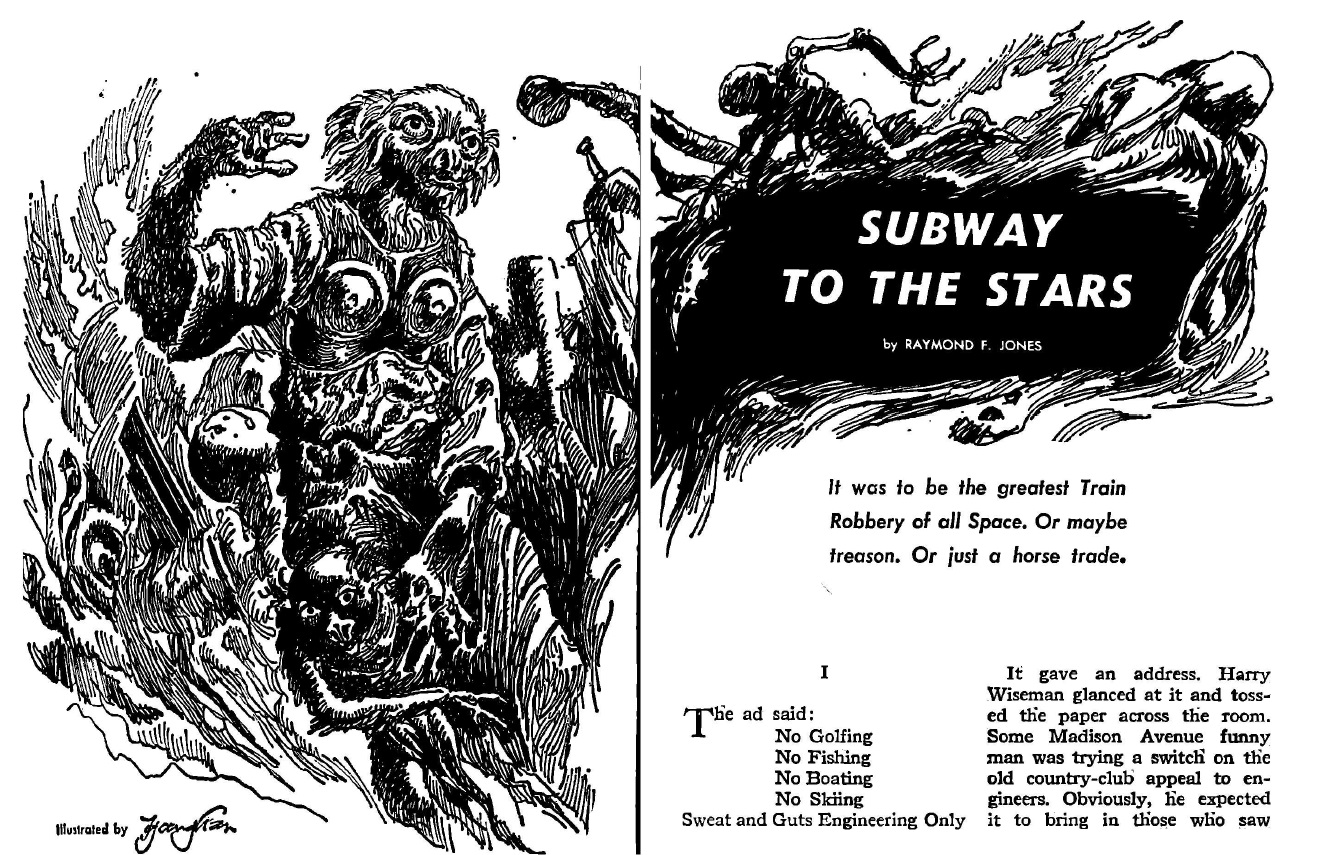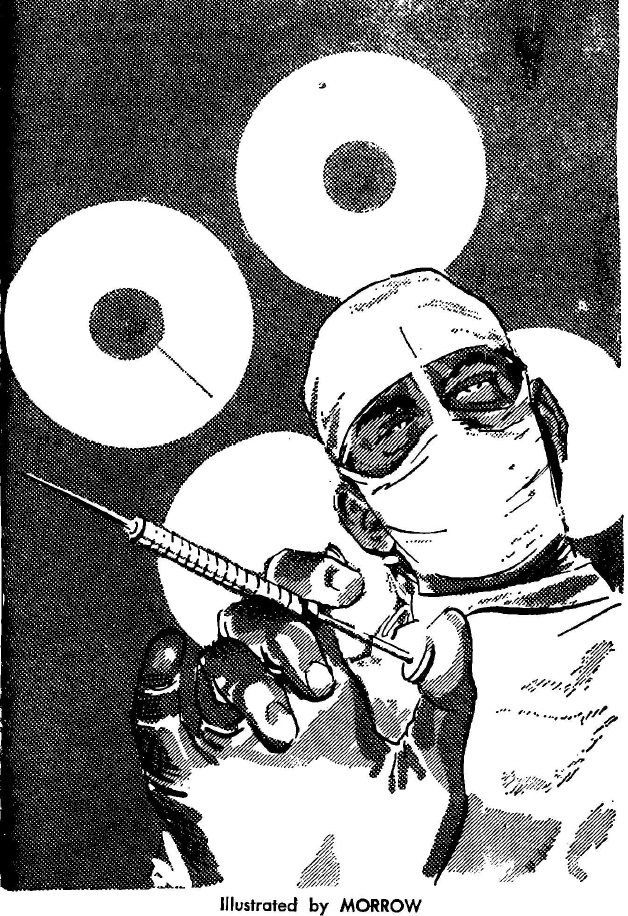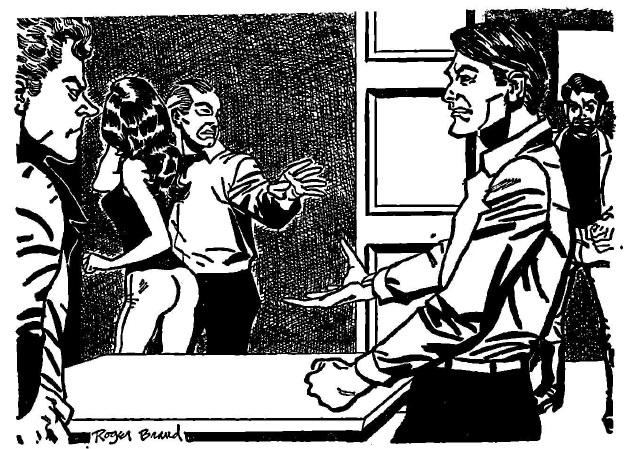
by Gideon Marcus
Brighter than a Million Suns
China's got the Bomb, but have no fears—they can't wipe us out for at least five years…
So sang satirist Tom Lehrer in 1965 for the television show That Was the Week that Was. Well, here we are, about five years later, and the Chinese have graduated to the big time. 18 months ago, they tested their first H-Bomb, the big firecracker that involves nuclear fusion rather than fission, with a damage yield equal to more than 100 times that of the Hiroshima A-Bomb. A try at #2 last year was a dud, but one detonated less than a fortnight ago went off just fine, creating a 3 megaton blast.

Radio Peking announced the blast on December 29th, but the Atomic Energy Commission had detected the blast the day before. It was apparently timed in celebration of Mao Tse Tung's 75th birthday. (In China, if you go carrying pictures of the Chairman, you will make it with someone…)
The bright…uh…positive side to this is that China's missiles, if there be any, are probably mostly pointed at the Soviet Union. Apparently, the Russians have beefed up their border divisions, and inter-Communist relations are sub-frosty.
So perhaps we have another five years…
Bigger than a half-dozen magazines
On the homefront, the latest issue of Galaxy, the magazine with half again as much content as all the others, offers some boffo entertainment as well as a few duds.

by John Pederson Jr.
To Jorslem, by Robert Silverberg
The ever-productive Silverbob offers up what may (but may not) be the final installment in his vivid Nightwings series. I'm sure we'll see a fix-up soon, a la To Open the Sky. According to Bob, this is his modus operandi—sell novellas to Galaxy editor Pohl, and then corral them into a novel.

by Jack Gaughan
Following directly on the heels of the last story, the invaders have fully Vichy-ized the Earth. Tomis, formerly a star-surveying Watcher, and then an historian of the caste Rememberers, is now a Pilgrim. Accompanied by the haughty Olmayne, cast out of the Rememberers for her slaying of her husband to be with the (now dead) former prince of Roum, the two make their way toward the holy city of Jorslem. Tomis is burdened not only with Olmayne's company but also the knowledge that he has sold out humanity, giving the invaders records of the Terran subjugation of the aliens' ancestors—thus justifying the invasion.
The story is something of a travelogue, something of a search for redemption, and it's written absolutely beautifully. It's not New Wave, exactly, but it's qualitatively different from what filled Galaxy last decade (or, indeed, what continues to fill Analog). Maybe Silverberg is leading a one-man revolution.
"Jorslem" does not quite achieve five stars, however. The plot is thin, even as (and perhaps especially as) a climax to the series. The happy endings come too suddenly and a bit implausibly. Female characters exist to be lovers or harpies.
Nevertheless, the world is so beautifully rendered, and the prose so masterfully done, that you'll enjoy the journey regardless.
Four stars.
Now Hear the Word of the Lord, by Algis Budrys

An alien race has controlled the world since 1958, secretly and tirelessly infiltrating every level of our society. One lone voice, a representative of the World Language League, finds a member of this cabal and threatens to kill him in order to learn the true extent of the invasion. The truth is shocking enough to blow your circuits.
A humdrum plot, but excellent, sensual telling. Four stars.
The War with the Fnools, by Philip K. Dick

by Bruce Eliot Jones
Another aliens-among-us story. This time, the baddies are the Fnools, who perfectly ape members of a given profession—realtors, minor cabinet officials, what have you. Only one thing gives them away: they are all only two feet tall.
But what if there was an easily accessible way for them to grow to human height? All hope would be lost!
This is a silly story, and most of the goodwill it earns is thrown away by the rather tasteless ending.
Two stars.
Golden Quicksand, by J. R. Klugh

by Jack Gaughan
The ferret ship H.L.S. Solsmyga is running for its life from two Grakevi raiders at thousands of times the speed of light. Its crew are protected from the tremendous accelerations involved only by the use of liquid-filled, individual pods, linked by the computerized Shipmind. If only the Solsmyga could use its superior maneuverability to ditch its pursuers; but in fact, Commander Yuri Hammlin's mission is to lead the raiders into a trap.
The running battle is competently presented, with lush, pseudotechnical detail, and Gaughan peppers the story with pretty, albeit superfluous, pictures. Ultimately, though, it's just a combat story. There is an attempted stingy tail, but it's more of an appendix.
Three stars.
Our Binary Brothers, by James Blish

by Brock
A driven man achieves everlasting success on Earth, but that's not enough. Repelled by humanity's technological quagmire, he longs for a simpler, cleaner world. And he finds one orbiting a hitherto undiscovered dwarf star just a fifth of a lightyear away. There, he sets himself up as a God and slowly leads the unwashed masses there toward a better civilization.
But planets comprise multiple populations, and not all are as backward as the hill people first encountered by the Terran…
A well-written but one-note vignette. Three stars.
For Your Information: The Island of Brazil, by Willy Ley
This is a fascinating piece on a variety of Atlantic land masses that never were. It's a nice complement to his piece on Atlantis.
Five stars.
Kendy's World, by Hayden Howard

by Reese
Kennedy Olson was born to high hopes just before the National Emergency turned the United States into an increasingly autocratic police state. After the death of his hippie, goodnik father, the boy coasted through life on his athletic skills and his winning smile. Come his junior year in high school, "Kendy" had more than a dozen scholarship offers, but the most persuasive came from the small California campus of National University. Seemingly too good to be true, the old-fashioned college offered a well-rounded education, sports opportunities, and a chance to make a difference.
Except that NU is really a training ground for spies, and the big bad isn't the Soviets, but the unspeakable, top secret horror they found when they tried to land on Phobos…
From the author that brought us The Eskimo Invasion, this story appears to be the setup for another serialized novel. The writing is strictly amateur, and there's not much story here—just a series of unpleasant events. I am curious about the alien menace, though, if it ever be developed.
Two stars.
Finish with a bust
As promised, there's lots of good stuff, and a fair bit of mediocrity in this first Galaxy of 1969. Ending with the weakest tale probably makes sense, but it does leave a bitter taste in the mouth. Nevertheless, the issue finishes on the positive side of the three-star divide, and that's a good enough New Year baby for me!

How about two of them, with Dick Martin from Laugh-In…

![[January 6, 1969] Booms and Busts (February 1969 <i>Galaxy</i>)](https://galacticjourney.org/wp-content/uploads/2024/01/690106cover-672x372.jpg)


![[December 31, 1968] Auld Lang Syne (January 1969 <i>Analog</i>)](https://galacticjourney.org/wp-content/uploads/2023/12/681231cover-672x372.jpg)
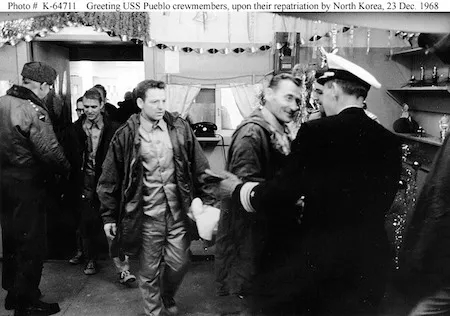
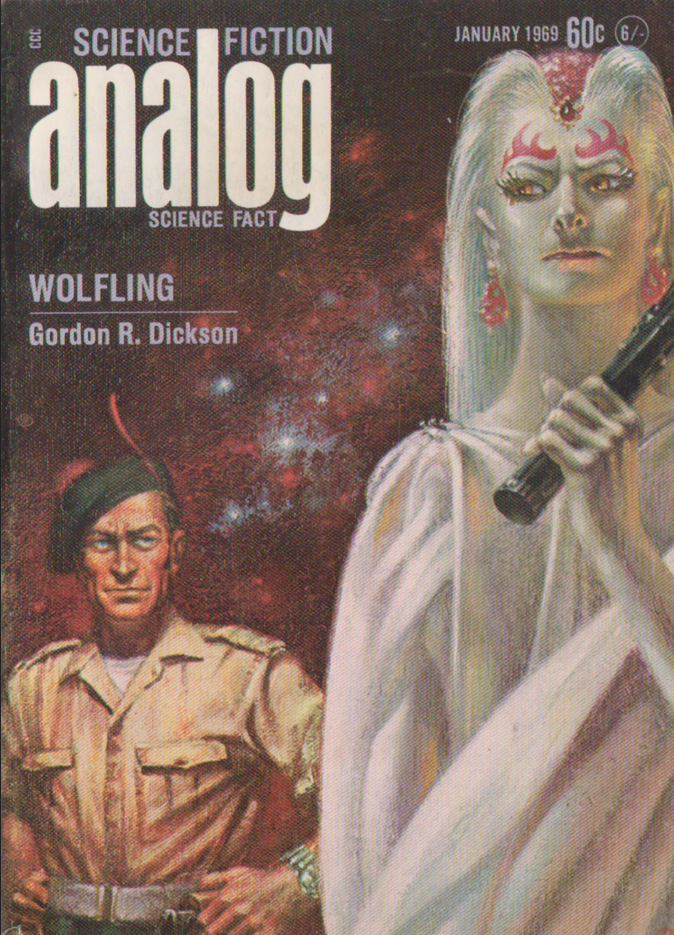
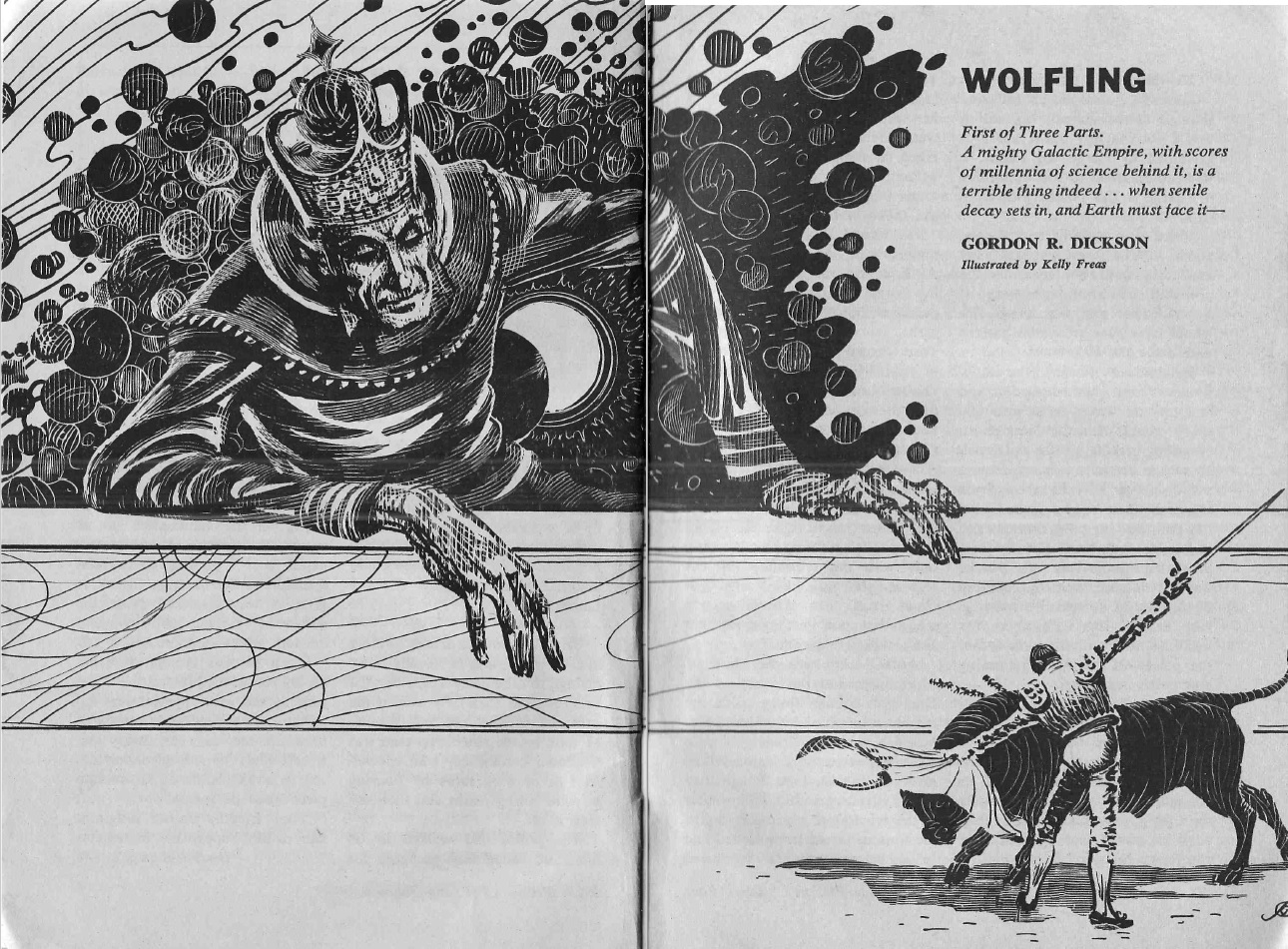
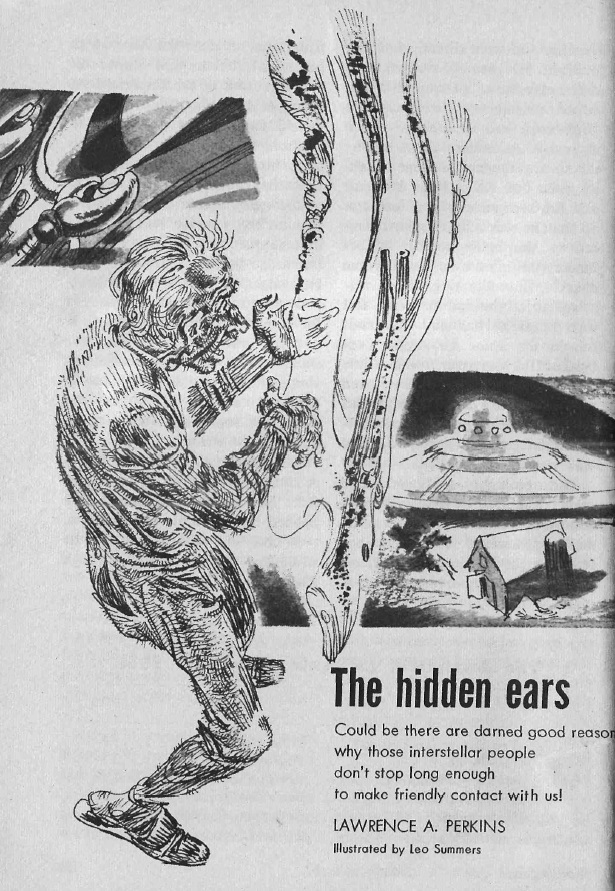
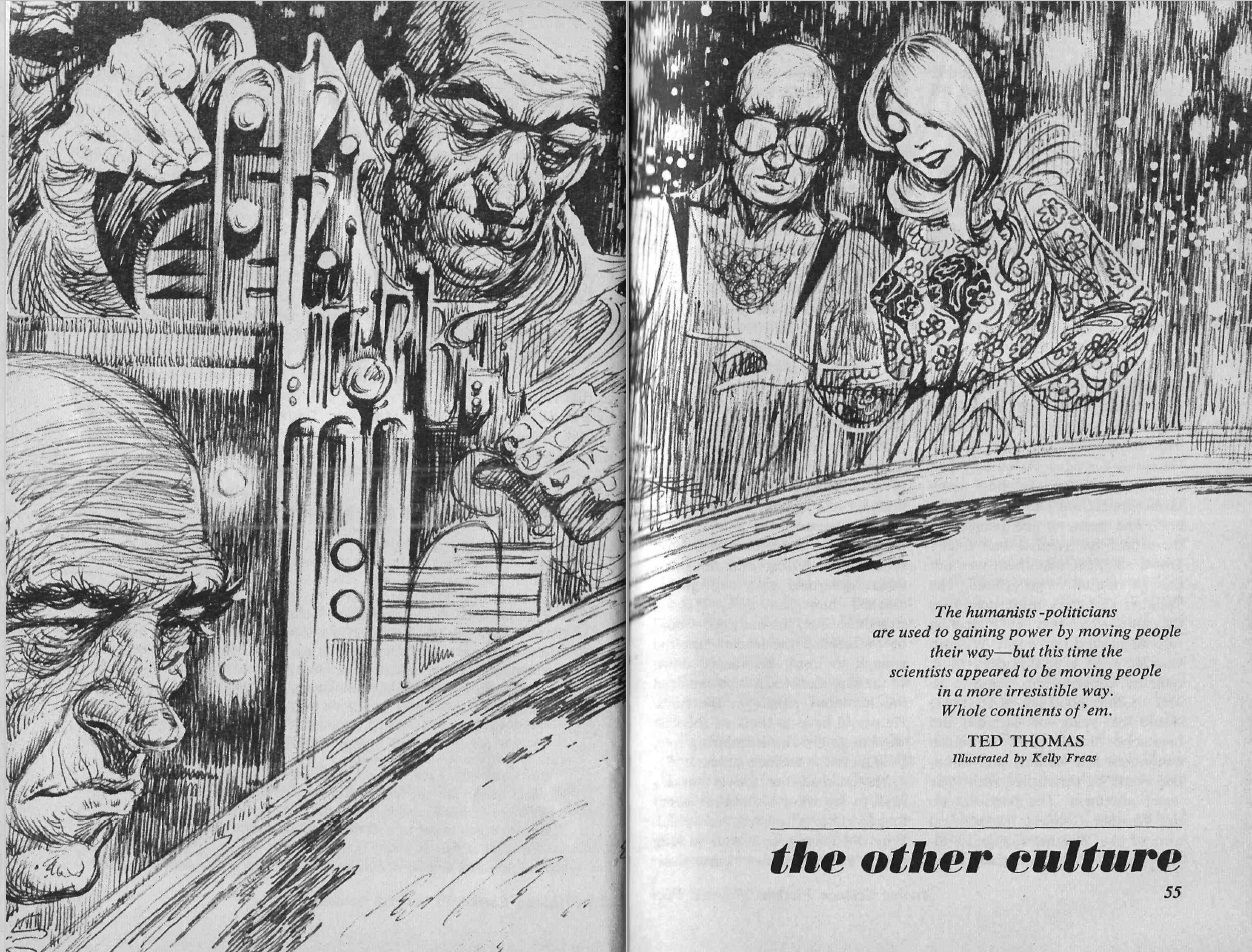

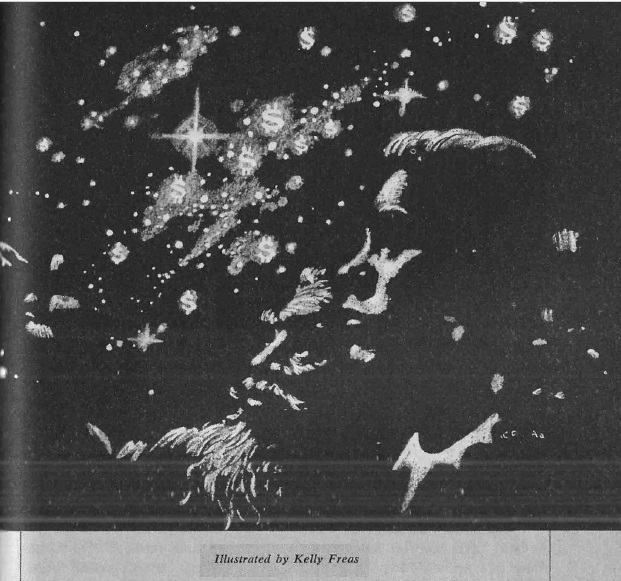
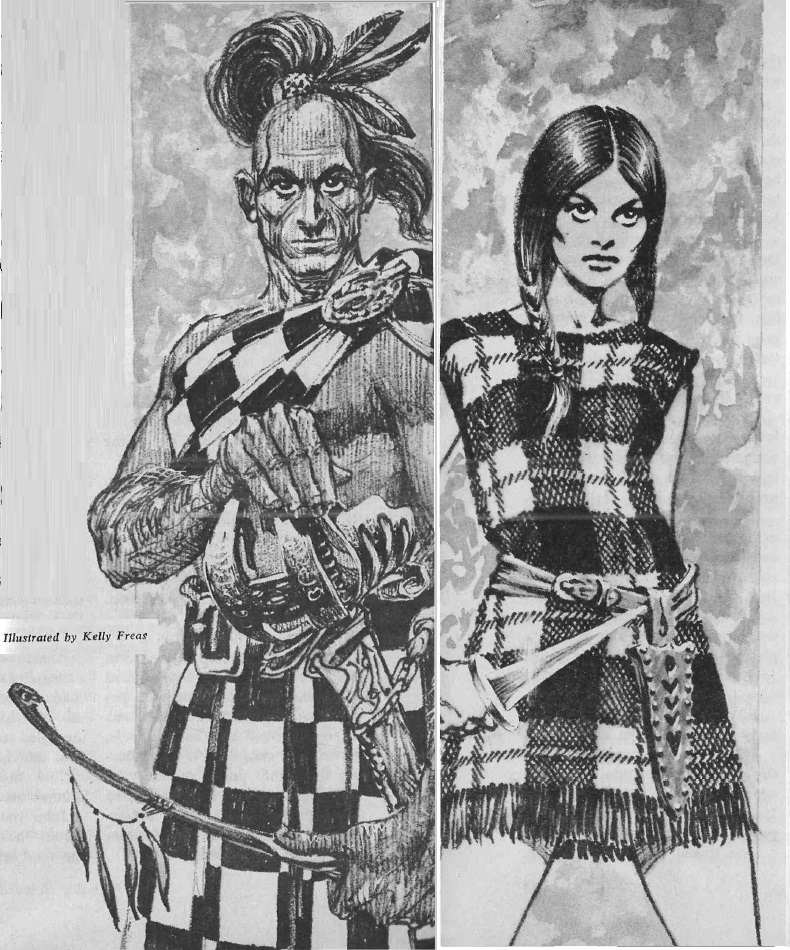


![[December 30, 1968] Beautiful Downtown Starbank (the 1968 Galactic Stars)](https://galacticjourney.org/wp-content/uploads/2023/12/681230stars-672x372.jpg)

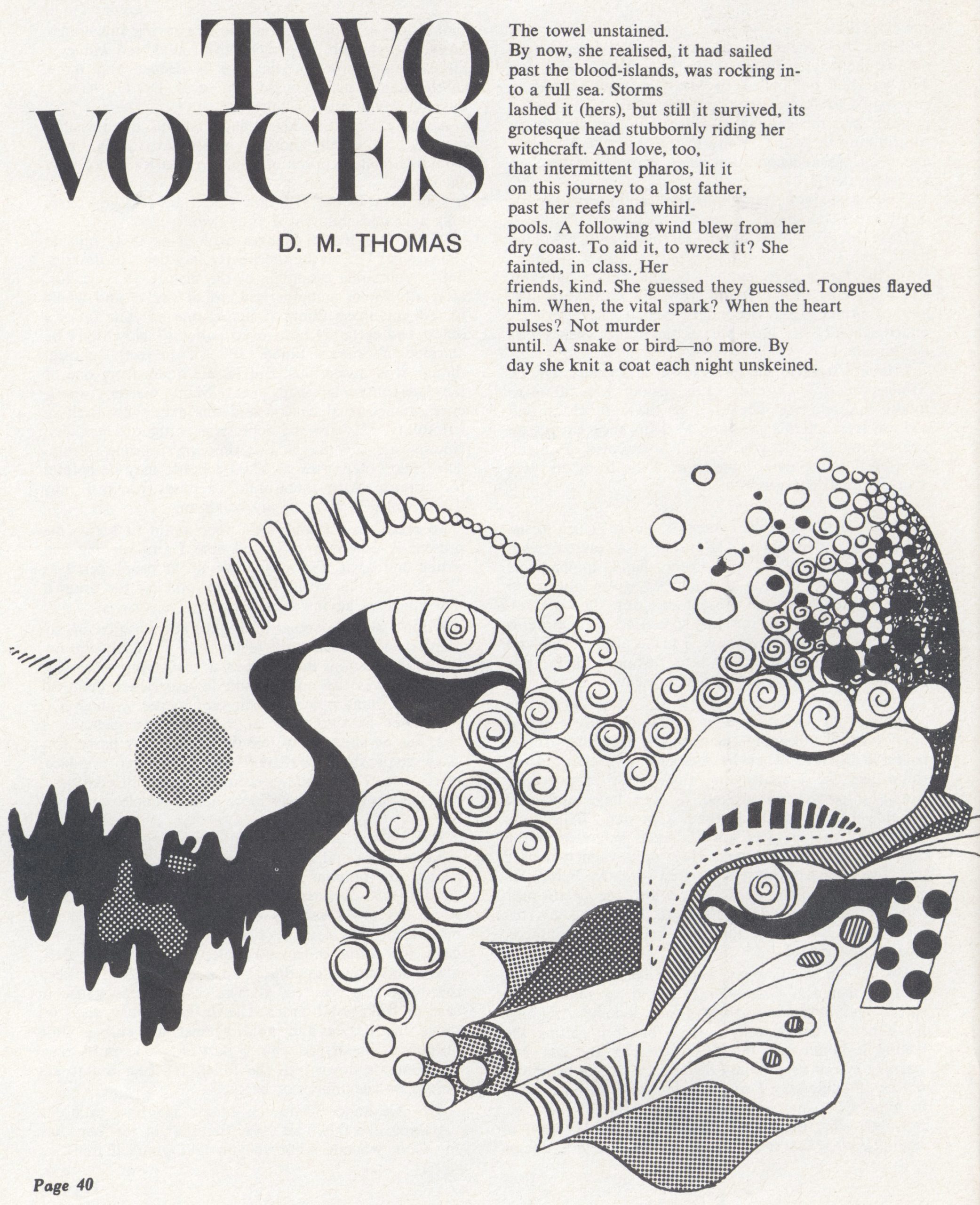






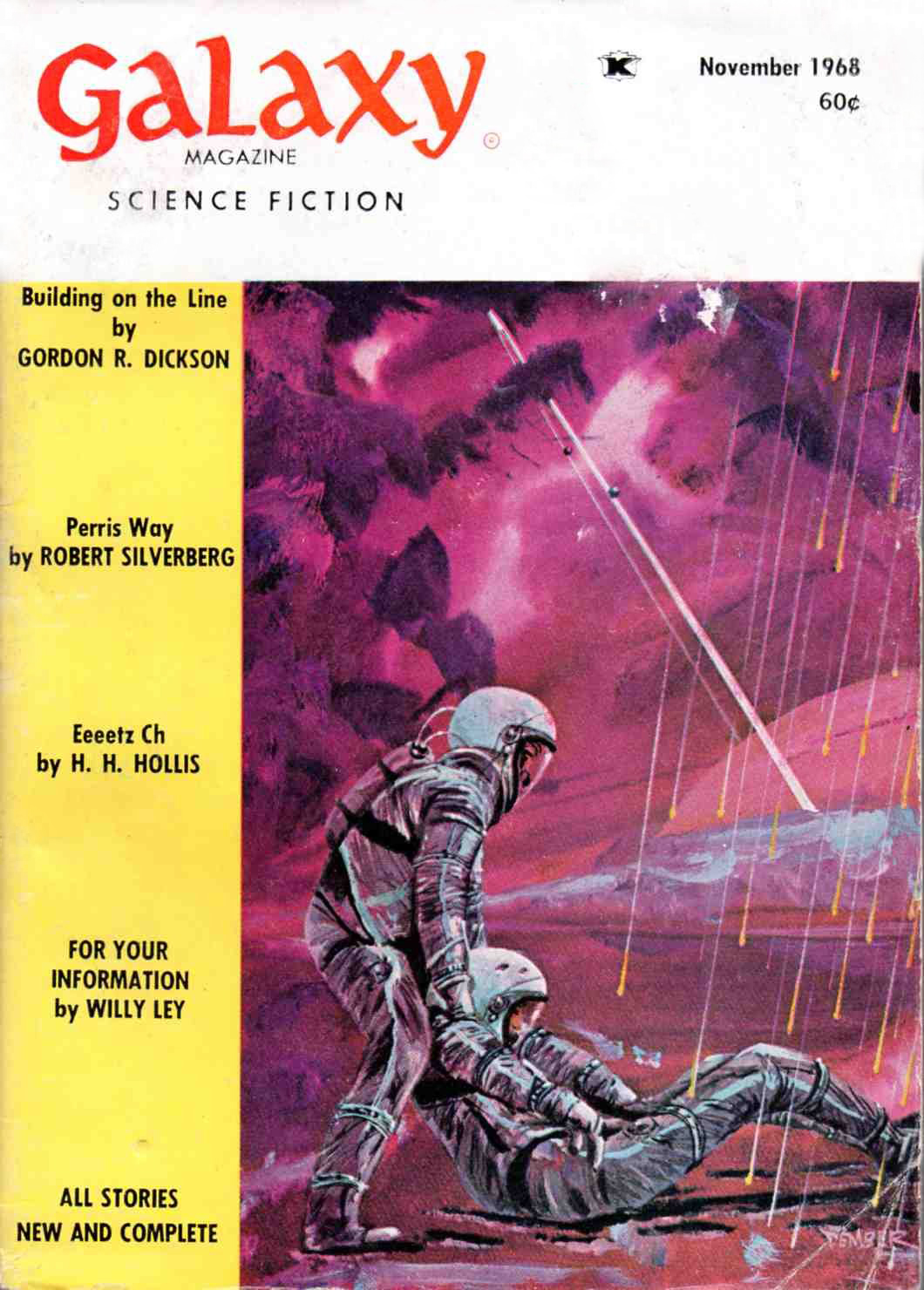


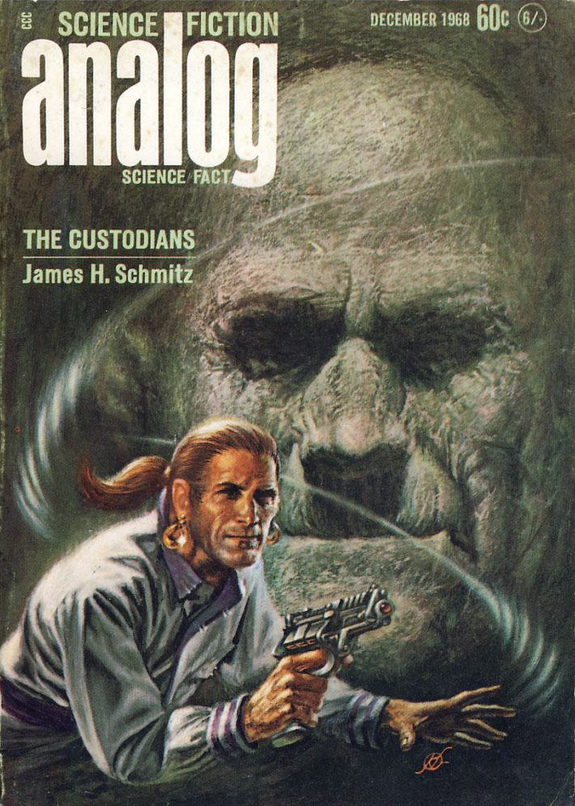
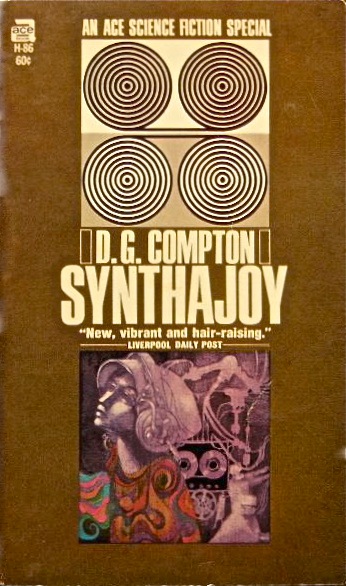


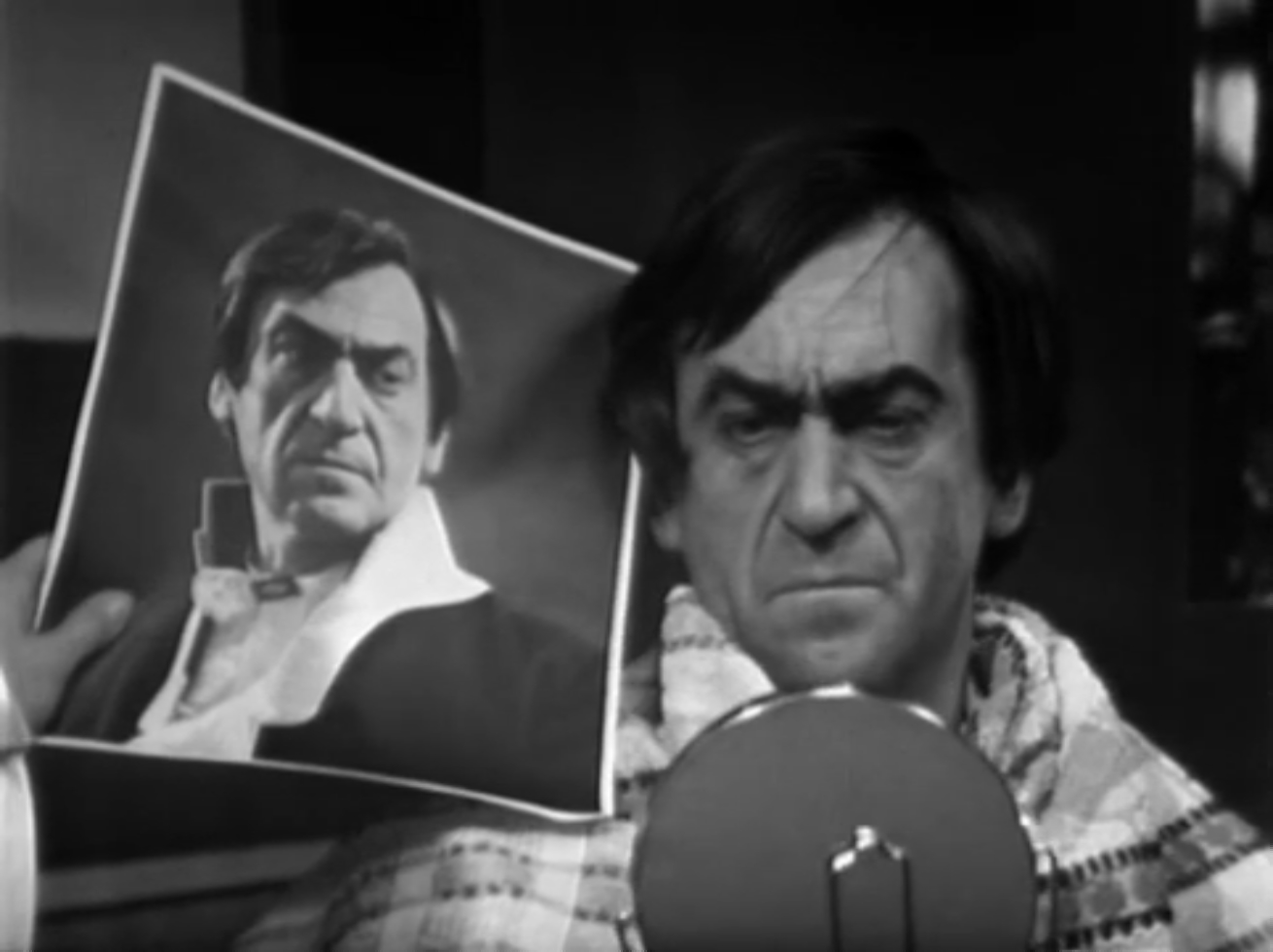





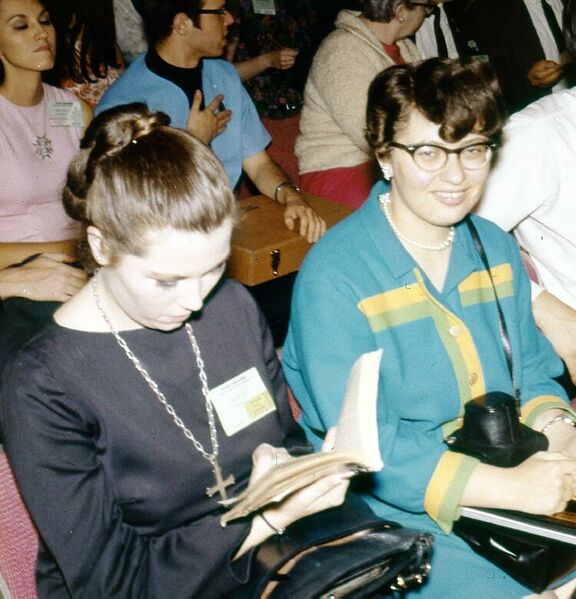

![[December 22, 1968] What wonders await? (January 1969 <i>Fantasy and Science Fiction</i>)](https://galacticjourney.org/wp-content/uploads/2023/12/681222cover-672x372.jpg)

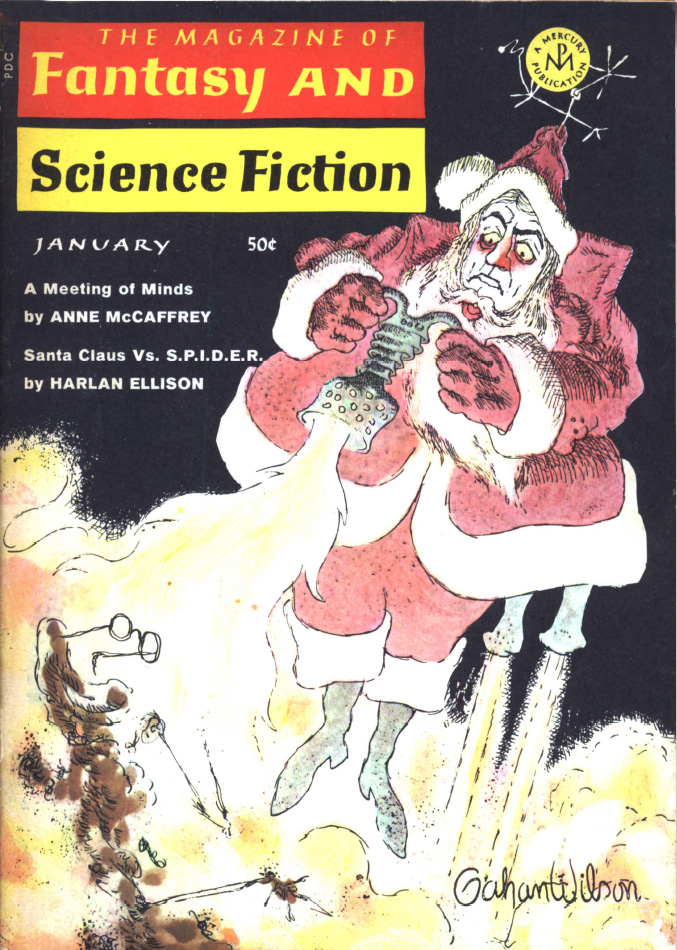

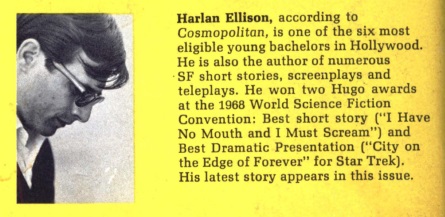
![[December 10, 1968] Back and forth (January 1969 <i>Galaxy</i>)](https://galacticjourney.org/wp-content/uploads/2023/12/681210cover-671x372.jpg)


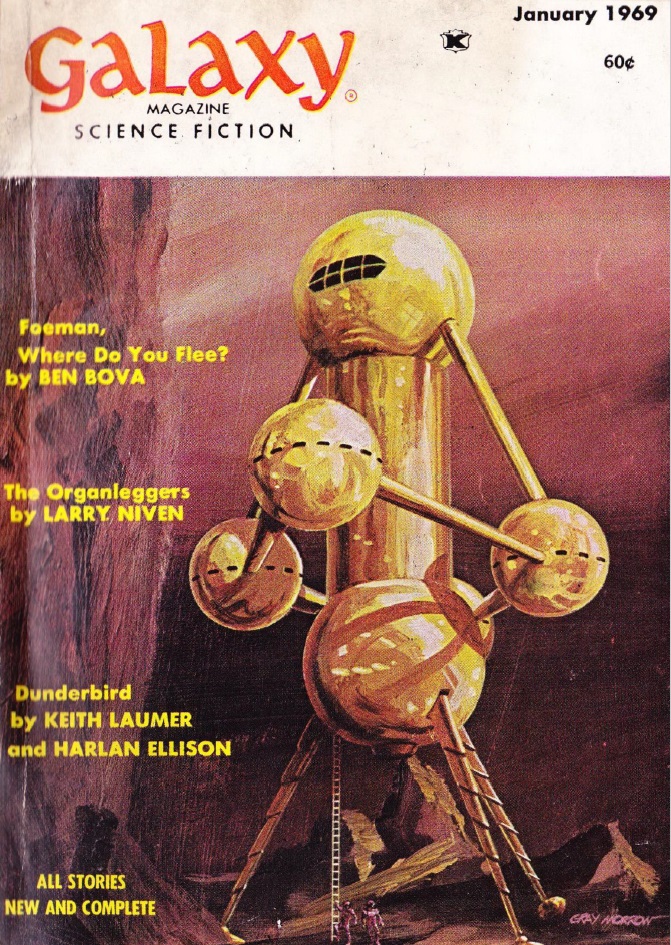

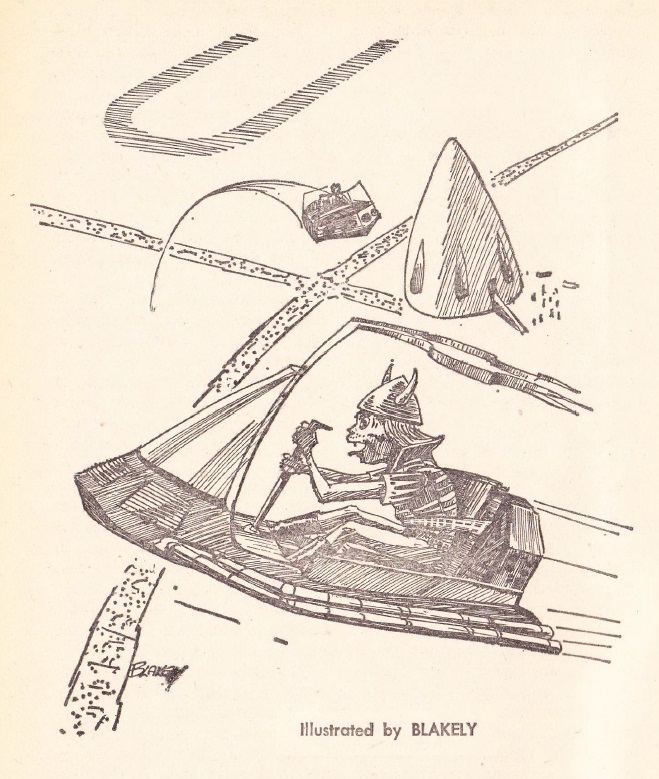
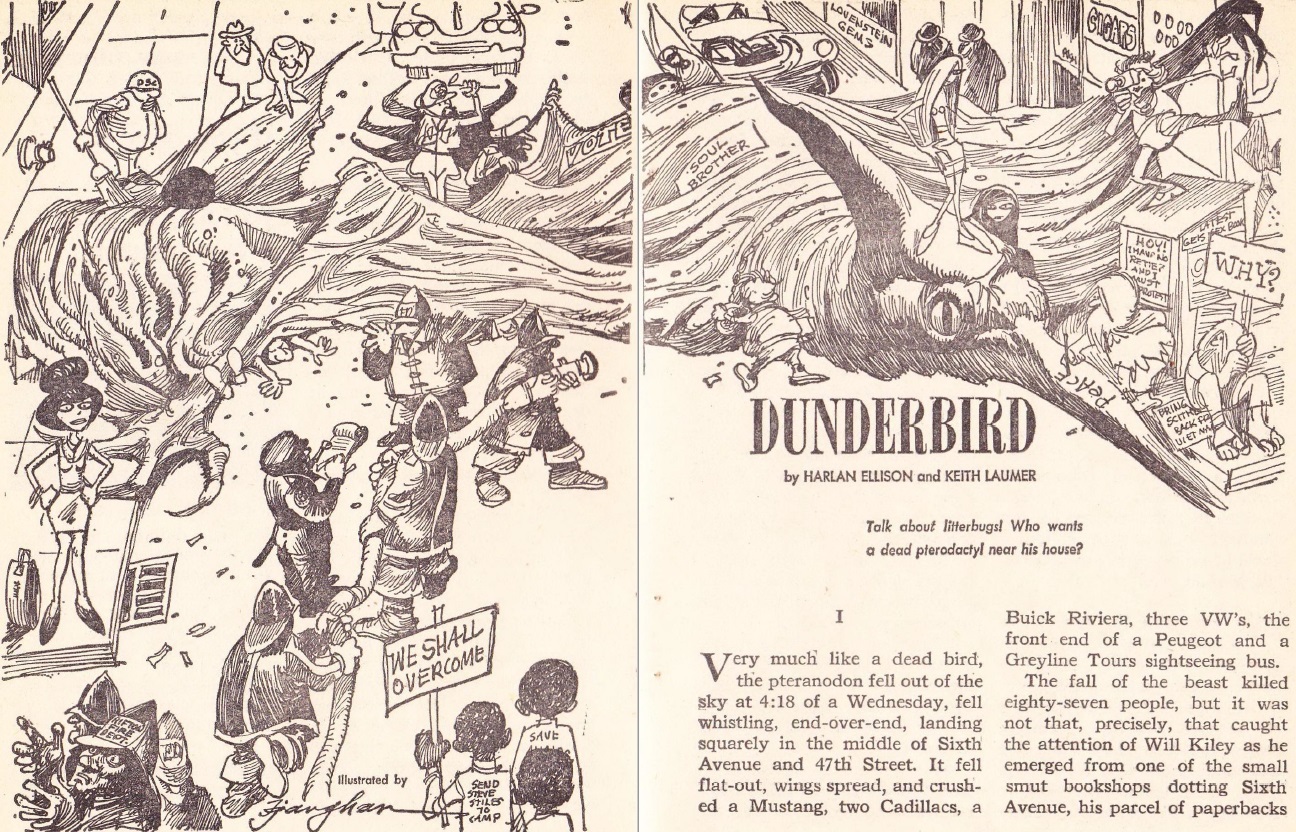
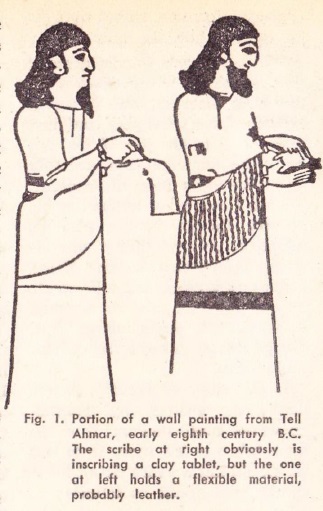
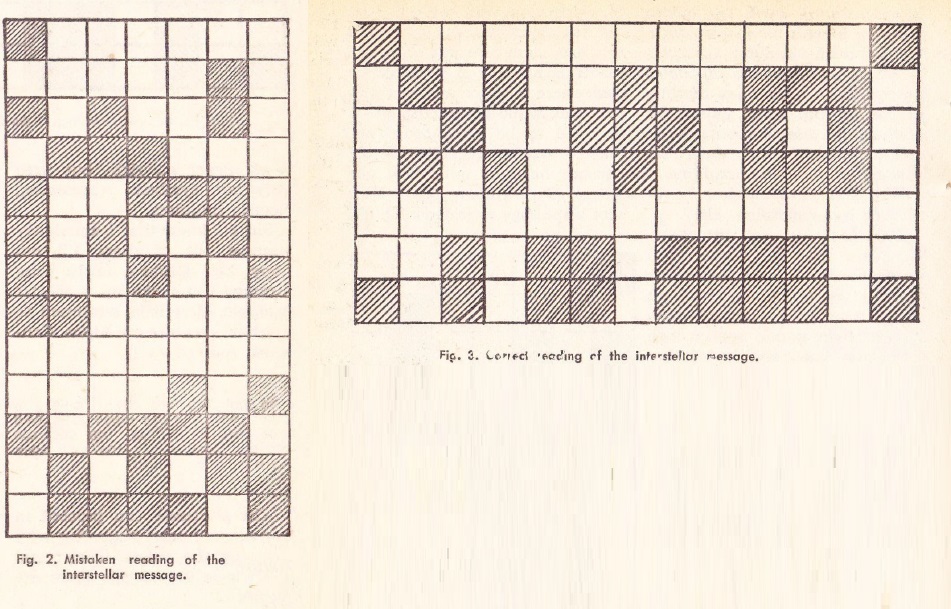
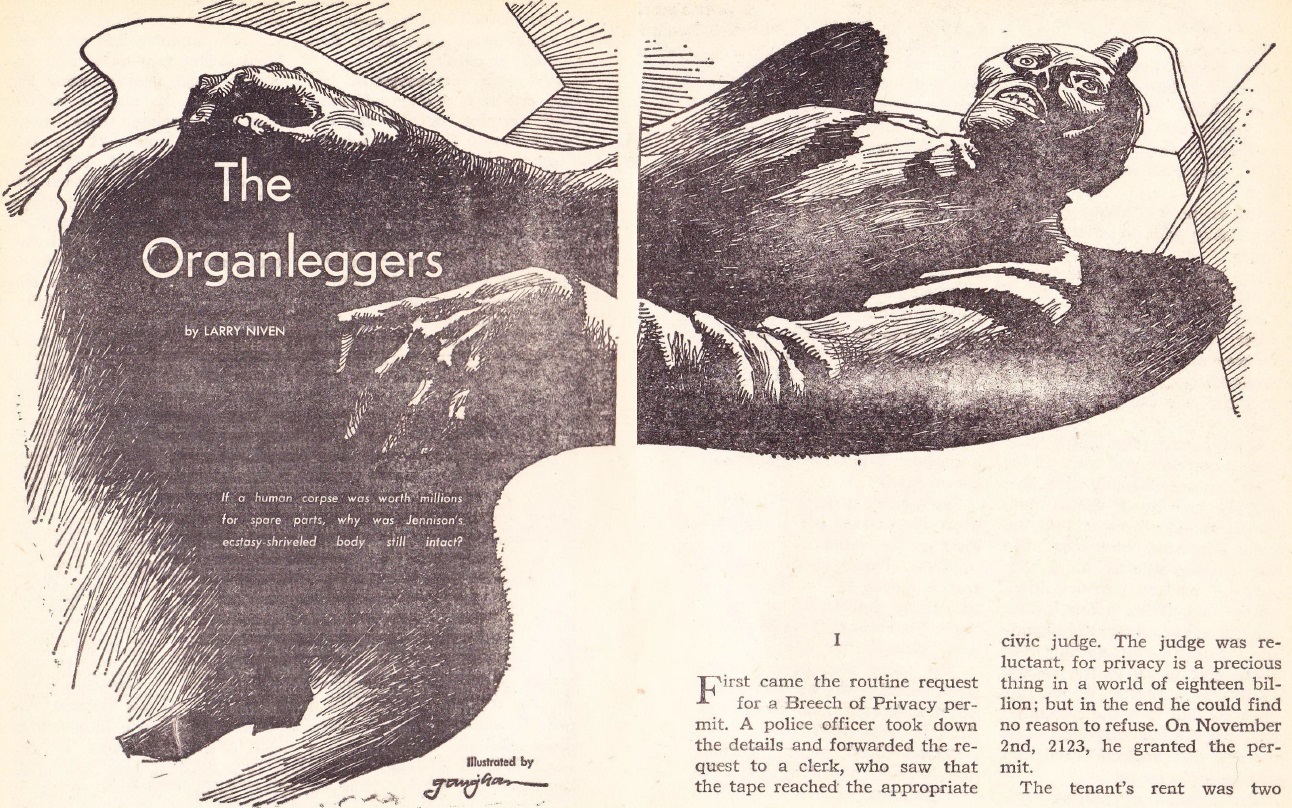
![[November 30, 1968] Up, Up, and Around! (December 1968 <i>Analog</i>)](https://galacticjourney.org/wp-content/uploads/2023/11/681130cover-575x372.jpg)

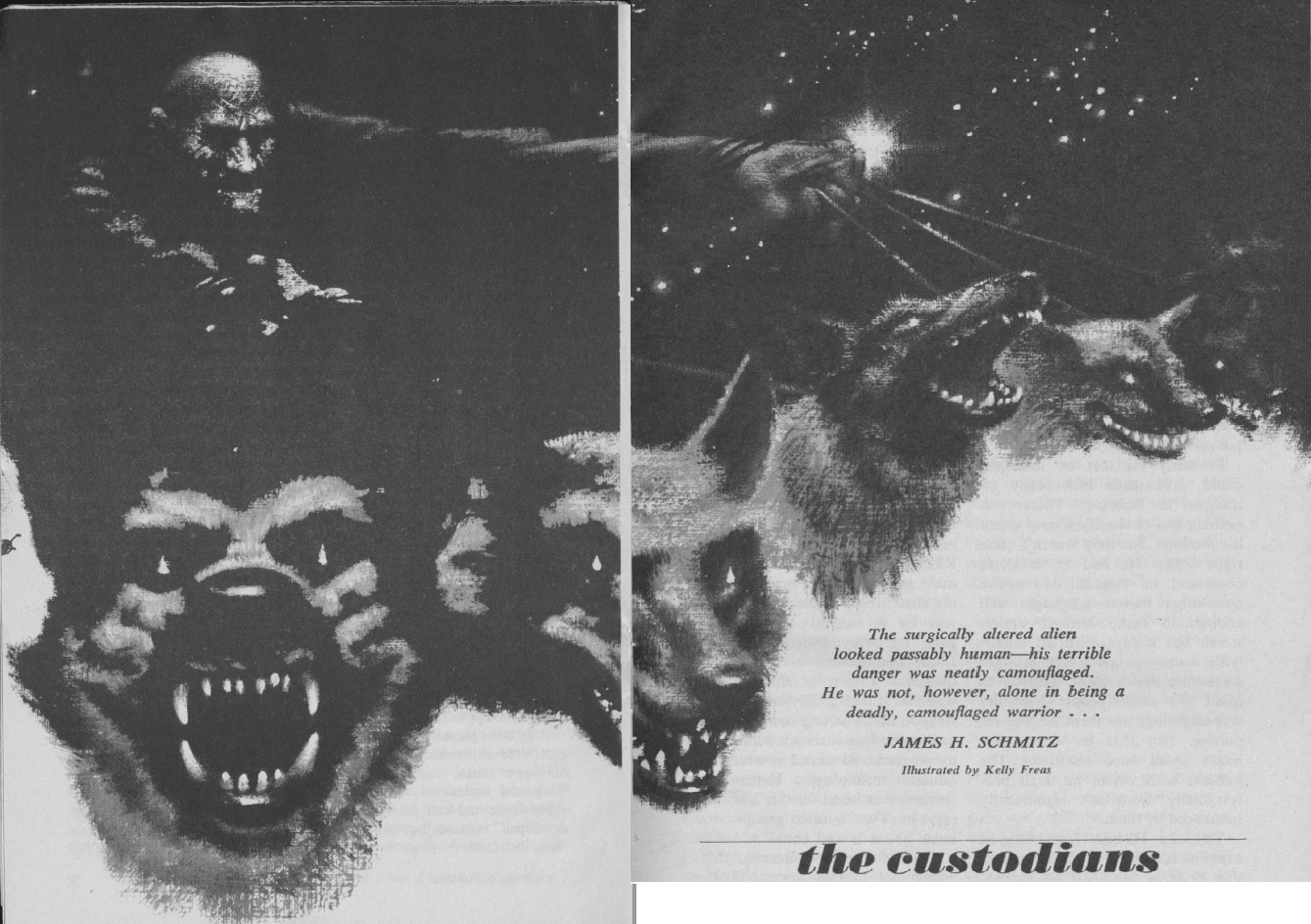
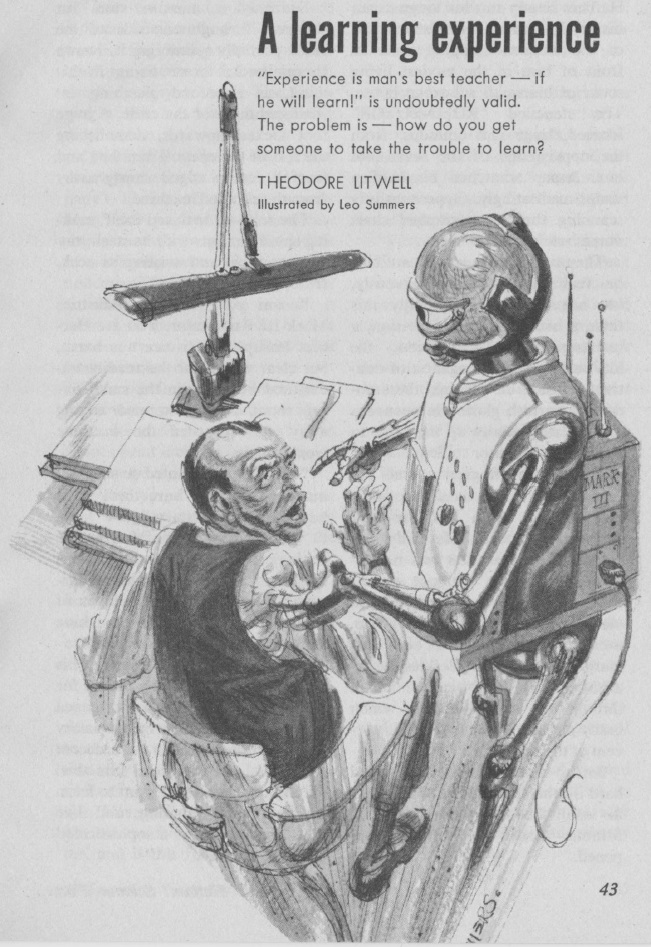
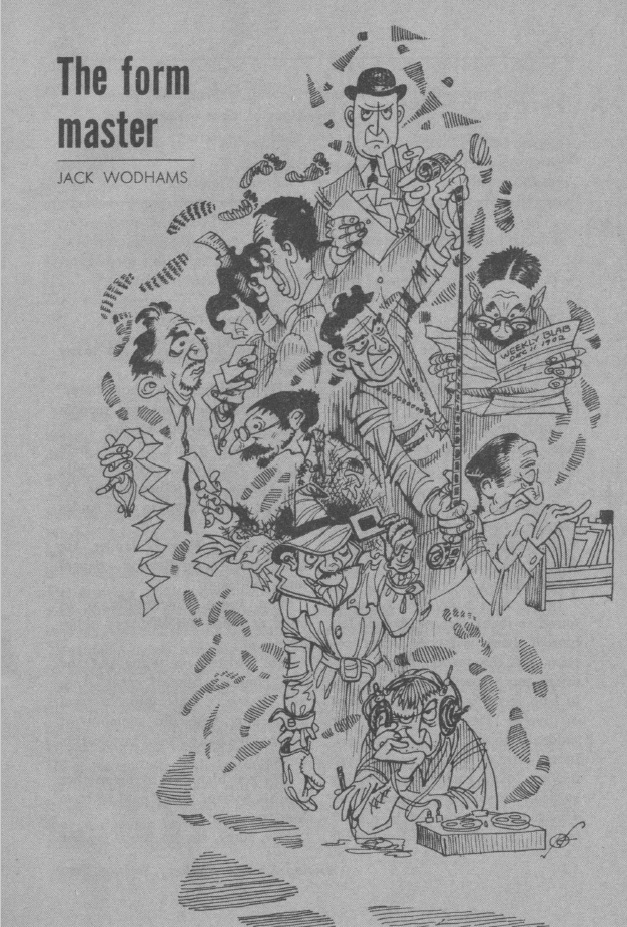

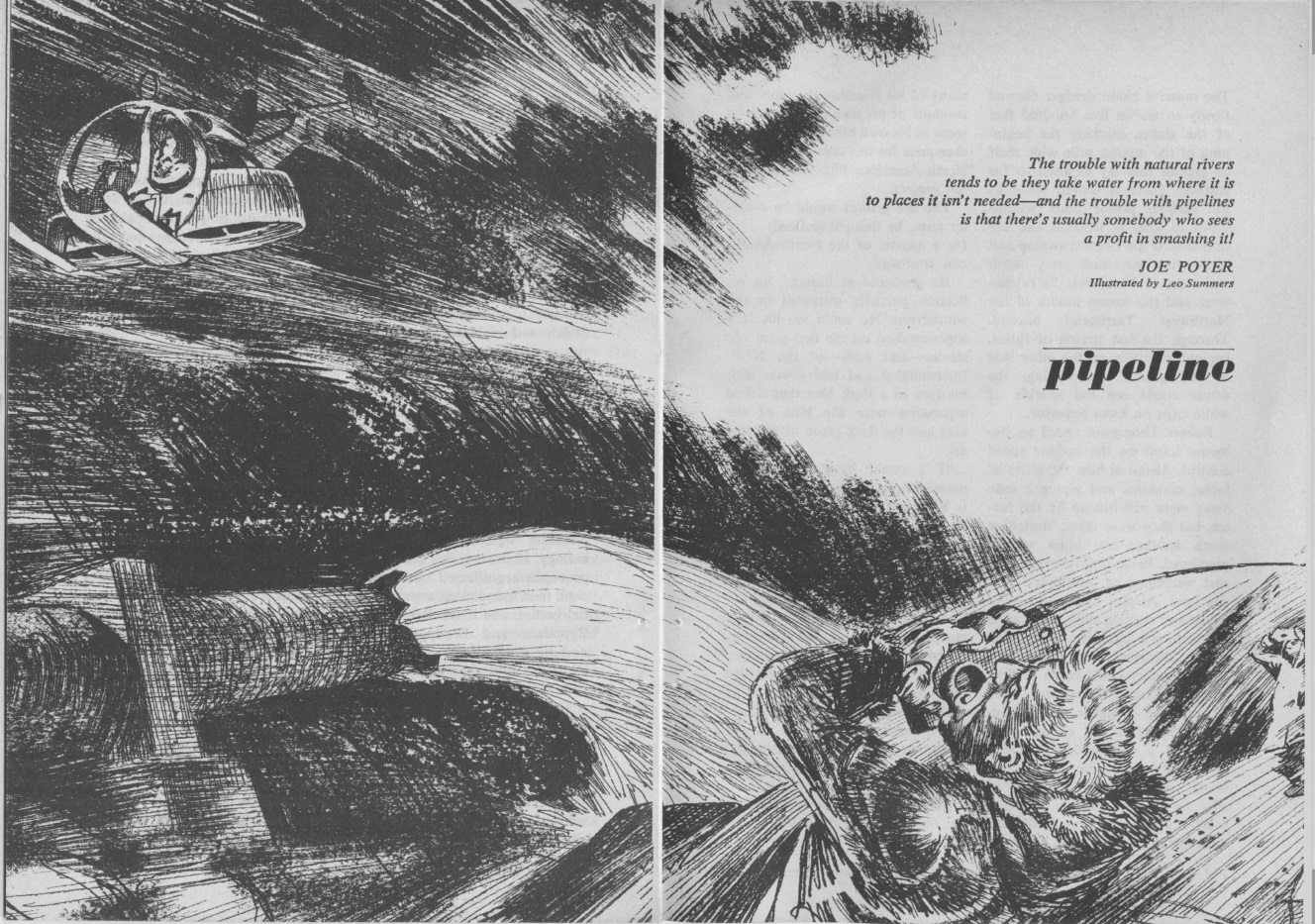


![[November 20, 1968] Transitory and lasting pleasures (December 1968 <i>F&SF</i>)](https://galacticjourney.org/wp-content/uploads/2023/11/681120cover-672x372.jpg)




![[November 18, 1968] Pioneers and Protons (a space round-up)](https://galacticjourney.org/wp-content/uploads/2023/11/681118aurora-672x372.jpg)
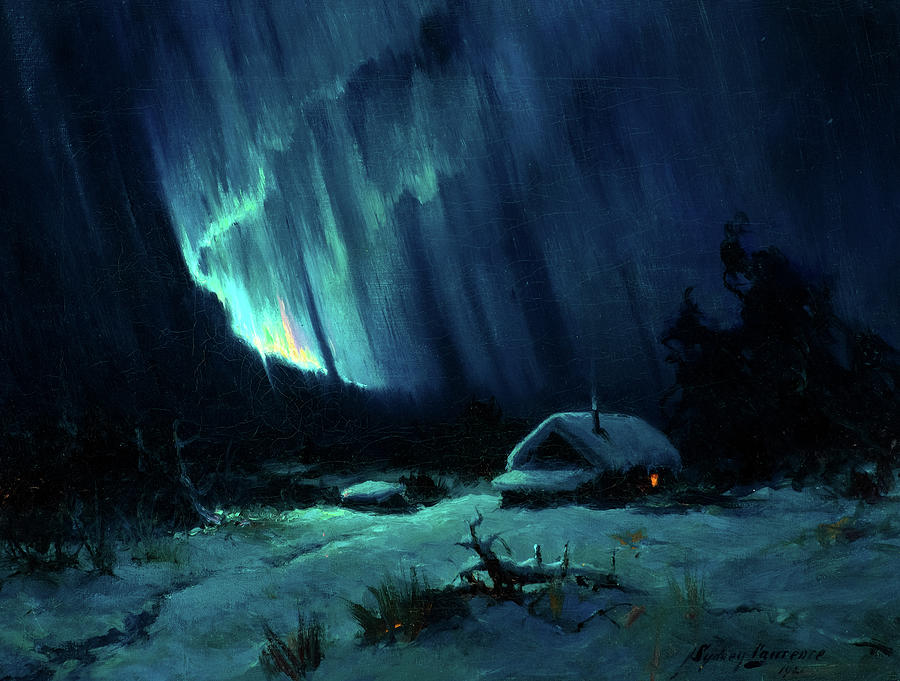
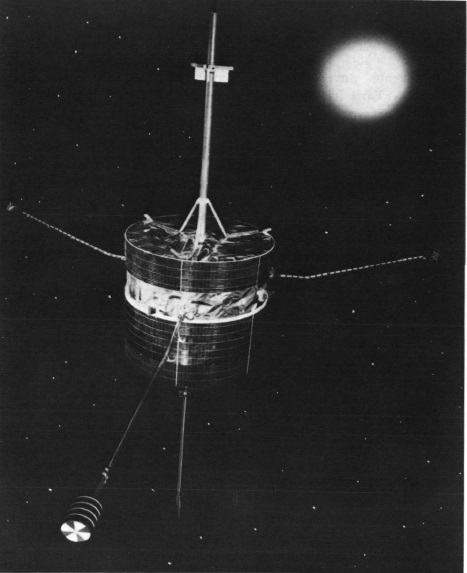
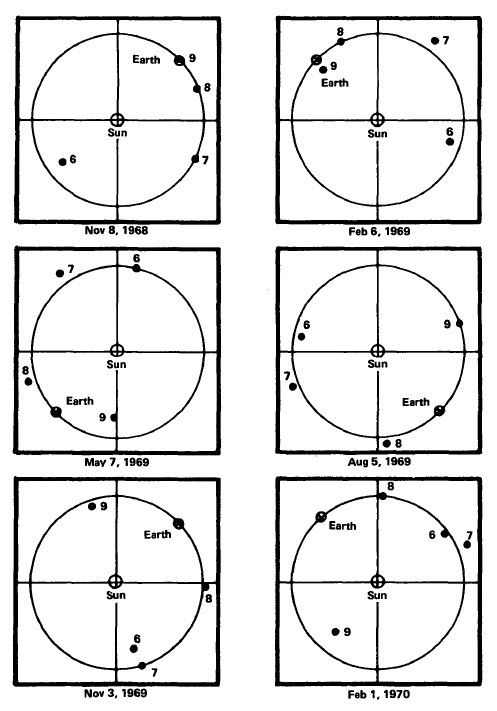
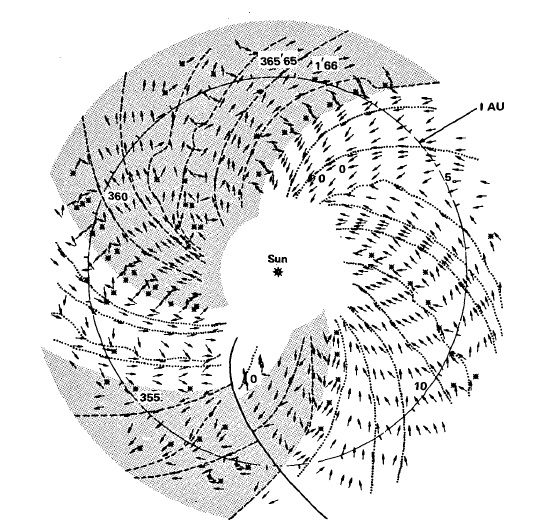

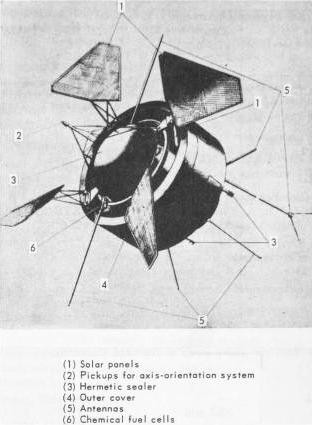
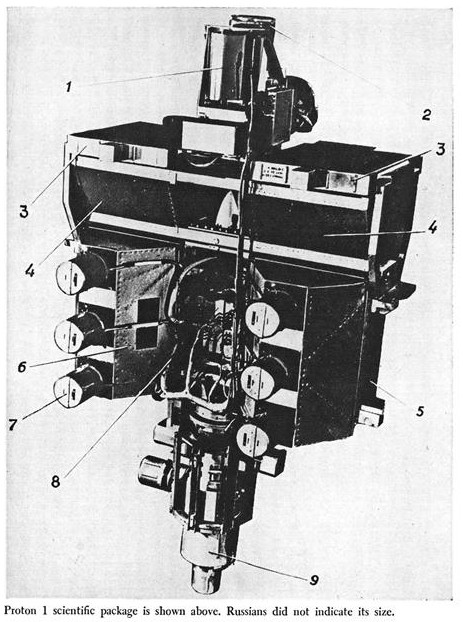
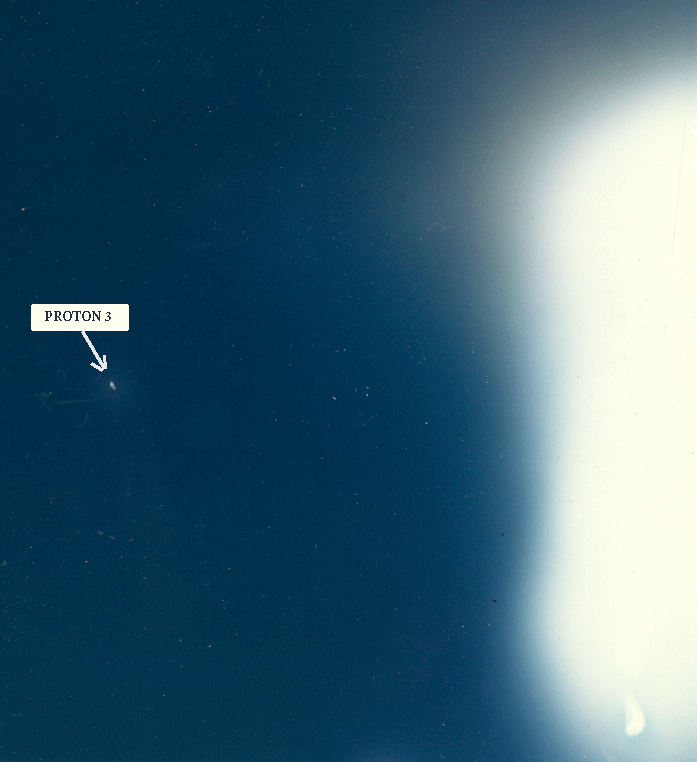
![[November 14, 1968] "'S'cuse me while I touch the sky!" (<i>Star Trek</i>: "For the World is Hollow and I have Touched the Sky")](https://galacticjourney.org/wp-content/uploads/2023/11/681114title-672x372.jpg)


















![[November 6, 1968] Who's the one? (December 1968 <i>Galaxy</i>)](https://galacticjourney.org/wp-content/uploads/2023/11/681106cover-471x372.jpg)


